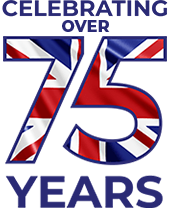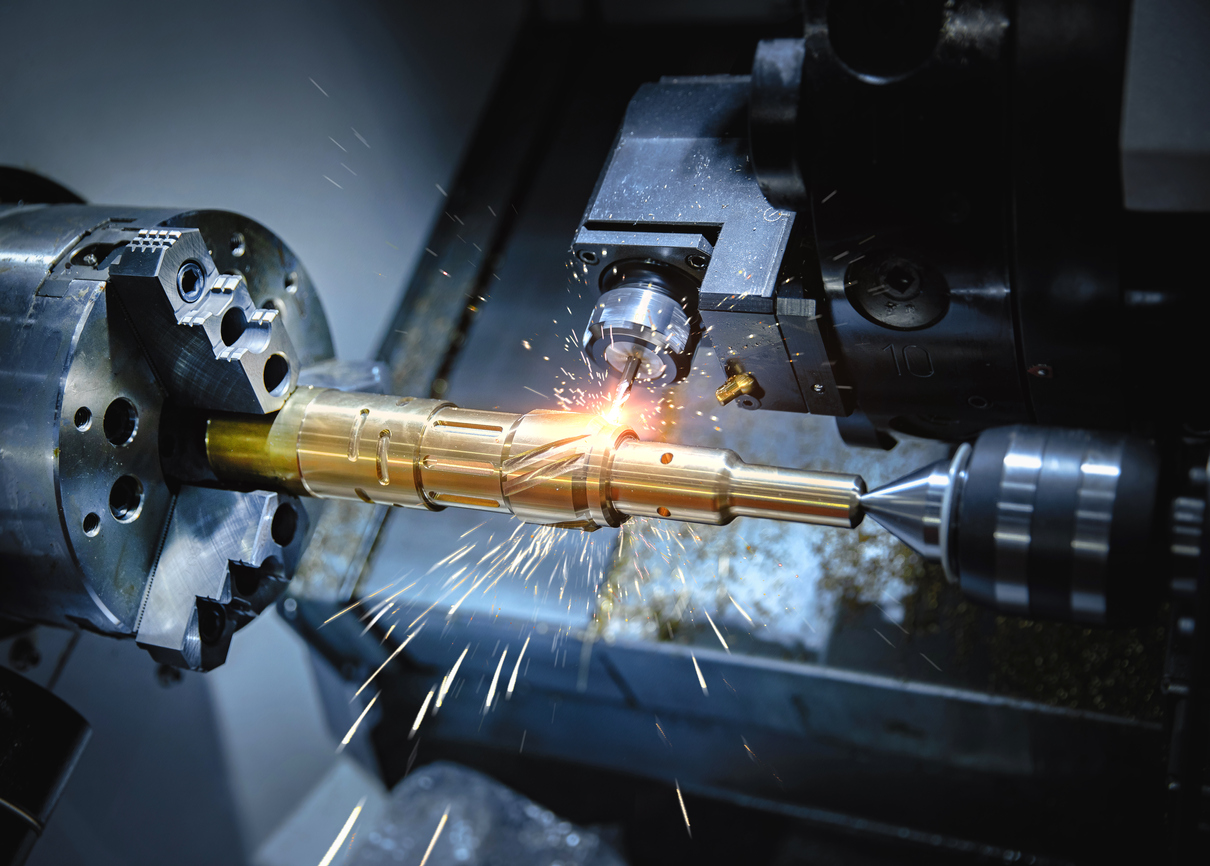CNC machines are at the heart of everything we do here at Airedale Springs. Our wide range of wire-forming and coiling machinery allow us to manufacture thousands of high-quality springs and wire forms with incredible precision. Our CNC machines give us the ability to meet customer expectations, no matter how simple or complex their needs. Today, we will look at what exactly CNC Machines are and how we use them to manufacture our springs and wire forms.
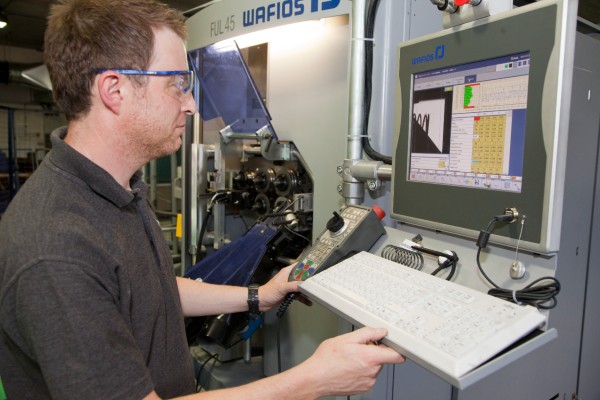
What Are CNC Machines?
CNC stands for Computer Numerical Control. In CNC machining, pre-programmed computer software dictates the movement of machinery or tools within a manufacturing process. CNC can be applied across a vast range of manufacturing machinery, including lathes, mills, grinders, laser cutting and routers. Here at Airedale Springs, we predominantly use our CNC machines for coiling and wire forming. CNC machines allow for tasks that require three-dimensional actions to be achieved in a single set of prompts.
Without CNC machines, creating a three-dimensional spring or wire form would require manual control by a live operator. The operator would command the machinery using buttons, wheels, and levers – a slow and laborious process with ample room for human error. In contrast, using computer-software driven CNC machines removes these limitations and allows for high-volume, precise and consistent three-dimensional form creation through pre-programmed instructions.
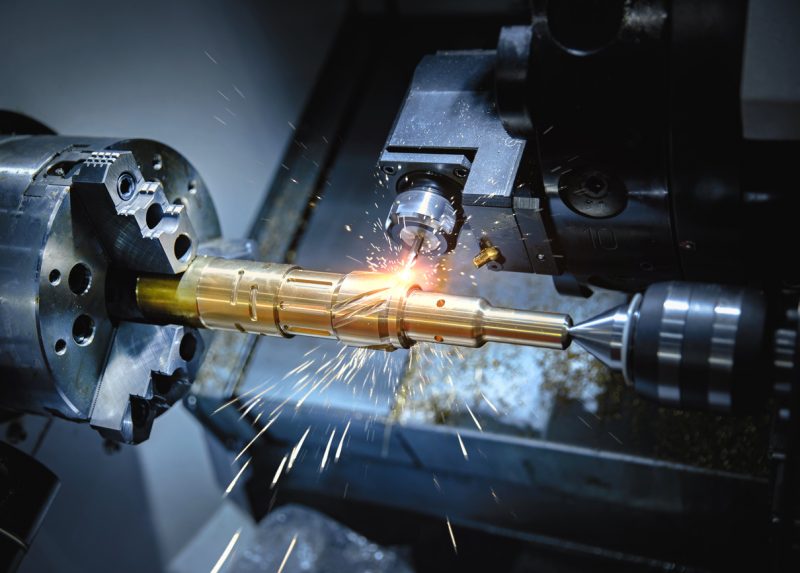
How Do CNC Machines Work?
The moveable, motorised tools of a CNC work on serval axes of movement, either linear or rotational and many machines possess the capabilities to do both. Some CNC machines, like cutout waterjet or laser machines, operate on only an X and Y linear axes. Milling machines often have three linear axes and more rotary axes.
Regardless of how many axes a CNC machine has, the key takeaway is that a computer controls the tools according to instructions that have been input in the form of sequential programming. These movements, dictated by the computer software, rotate and move the machinery to process the material held in the machine – in the case of a spring maker like ourselves, this means forming a piece of wire into the desired spring or wire form shape.
Depending on the manufacturer’s application, CNC Machines can accommodate many materials like metals, plastic, ceramic, wood, or composite. We predominantly use our CNC machines to process steel and its alloys and non-ferrous and high-temperature alloys. Take a look at this video of one of our CNC machines in action:
CNC Machine Programming
CNC machines are operated by numerical control to control the movement of an object like the tools within the machine. The instructions – which dictate behaviours such as speed, feed rate and tool coordinating – are written in code that the CNC can understand and fed into the computer software. The corresponding machine then executes the actions to alter the material in question. For example, as a custom spring manufacturer, we would program our CNC machine to rotate and twist a piece of wire into the desired spring shape.
The most common numerical language used in computerised manufacturing is G-Code, although several code variants exist. The program can either be written by a human or generated by graphical computer-aided design (CAD) software or computer-aided manufacturing (CAM) software. This programming allows the machinery to run repetitive and predictable processes with little ongoing input or involvement by a human operator.
Open and Closed Loop Machines
Position control of the tools within a CNC machine is determined through an open or closed-loop system. In an open-loop, the signalling for instructions runs from the CNC controller to the machine motor, but no information is sent back to the controller, meaning that adjustments cannot be made to the process.
In a closed-loop system, the controller can receive feedback from the machinery, allowing for error correction. If there are irregularities in machine position or velocity affecting the quality of the product, a closed-loop system can rectify these issues. If the force and speed used to process material are minimal, the program can be run on an open-loop system. For most high-volume, high-speed applications where consistency and accuracy are critical – like in spring design – a closed-loop system is essential.
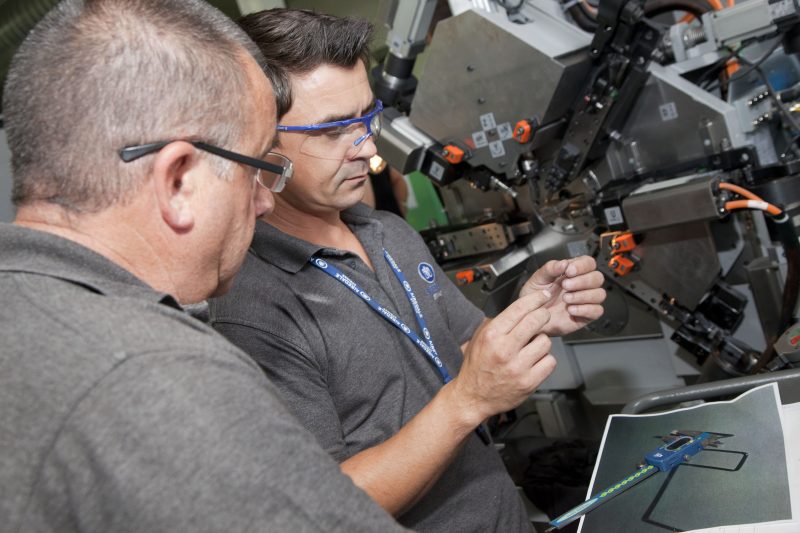
Different Types of CNC Machines
There are many different types of CNC machines that are used across a vast range of manufacturing industries. Their history reaches back to the 1940s and 50s, where tools with modified motors were instructed to move to a specific point using early forms of data storage like punched tape. Things are a lot more sophisticated now, and the versatility of computer-aid manufacturing over manual control has revolutionised many processes. Here are a few examples of some of the most common CNC machines in use across the world today:
Mills
Mills cut various materials using a spindle. Modern CNC mills offer many functions, such as shoulder milling, face milling, drilling, tapping and turning.
Lathes
Lathes are used to cut materials whilst they are being rotated. They are capable of making quick and precise cuts using a variety of tools.
Plasma Cutters
The machines use a plasma torch to cut through materials, most commonly steel and other metals, although they are suitable for a wide range of materials.
Water Jet Cutters
When a cooler alternative to heat-intensive processes is required, water jets are employed to cut hard machines like granite and metal. Water jets are also capable of creating intricate carvings.
Wire Forming and Coiling Machines
These are the most commonly used CNC machines in spring manufacturing. Wire form machines can shape wire into spring and wire forms. If you’d like to know more about the wire forming CNC machines we use here at Airedale, have a read of our Spotlight On: Wafios FMU 16 to truly appreciate how CNC machines allow us to manufacture our springs to such a high capacity.
We hope you enjoyed this brief introduction to CNC machines. If you’d like to know more about how Airedale Spring’s CNC machines can create the perfect spring or wire form for your application, contact us today.

